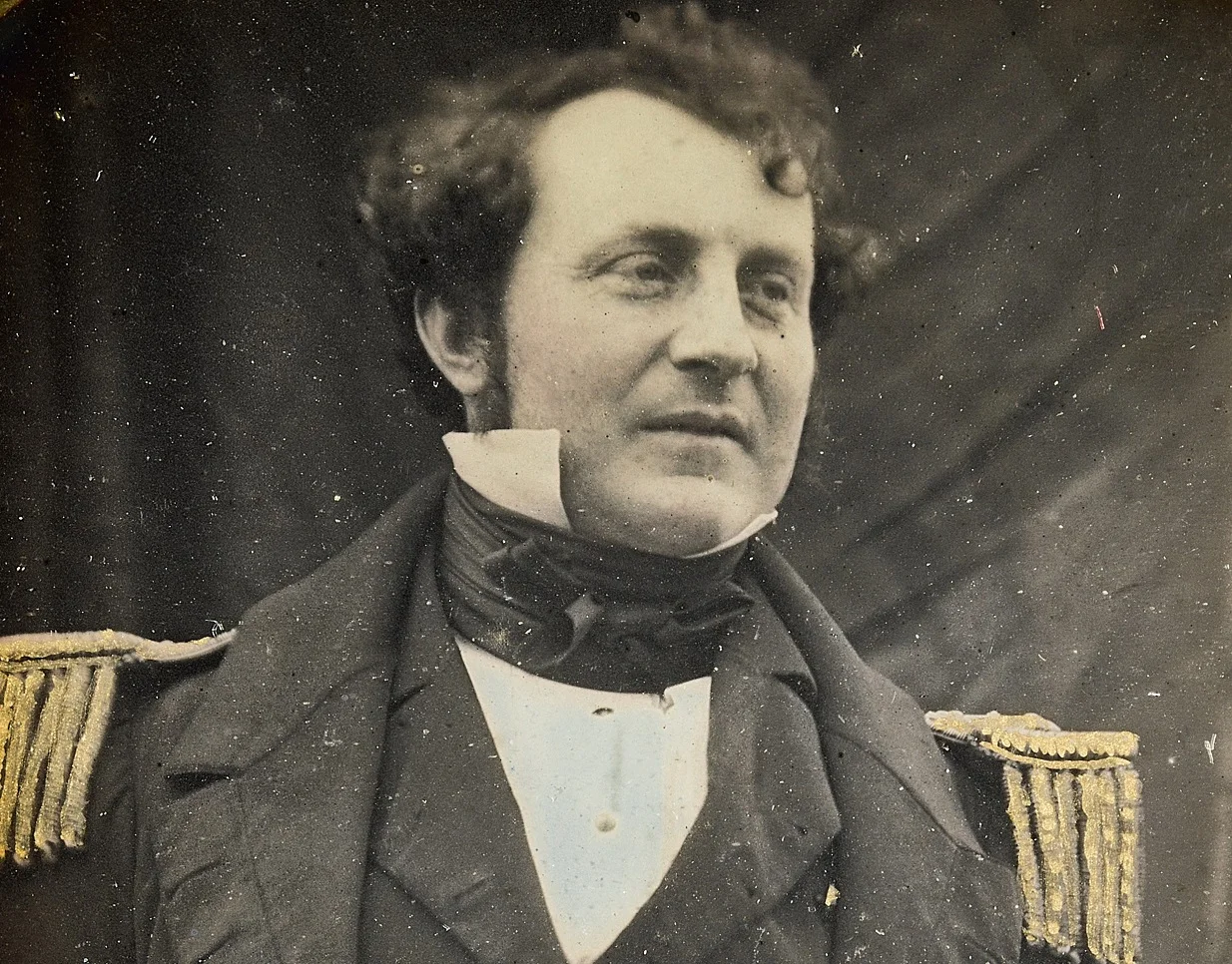Researchers from the University of Waterloo and Lakehead University have identified the skeletal remains of James Fitzjames who served on the HMS Erebus during Sir John Franklin’s 1845 Northwest Passage expedition.
The Franklin expedition was a failed British voyage of Arctic exploration led by Captain Sir John Franklin that departed England in 1845 aboard two ships, HMS Erebus and HMS Terror.
The expedition’s mission was to navigate the final, unexplored sections of the Northwest Passage in the Canadian Arctic and gather magnetic data to aid in improving navigational understanding of the region.
The expedition met with disaster when both ships, along with their 129 officers and crew members, became trapped in ice in Victoria Strait near King William Island, located in present-day Nunavut, Canada.
Archaeological evidence suggests that the remaining crew perished during a 400 km (250 mi) march toward Back River on the Canadian mainland, with most dying on King William Island. Around 30 to 40 men made it to the northern mainland coast before succumbing to the cold, still hundreds of miles away from the nearest Western settlement.
Since the mid-19th century, 451 bones from at least 13 Franklin sailors were found around King William Island, for which DNA sampling from a living descendant has enabled scientists to identify the remains of James Fitzjames.
“We worked with a good quality sample that allowed us to generate a Y-chromosome profile, and we were lucky enough to obtain a match,” said Stephen Fratpietro of Lakehead’s Paleo-DNA lab. Fitzjames is just the second of those 105 to be positively identified, joining John Gregory, engineer aboard HMS Erebus, whom the team identified in 2021.
A 3D study of James Fitzjames’s remains have found cut marks on the mandible which is consistent with reports of cannibalism. “This shows that he predeceased at least some of the other sailors who perished, and that neither rank nor status was the governing principle in the final desperate days of the expedition as they strove to save themselves,” said Stenton.
Header Image Credit : FabTet – CC BY-SA 4.0
Sources : University of Waterloo





